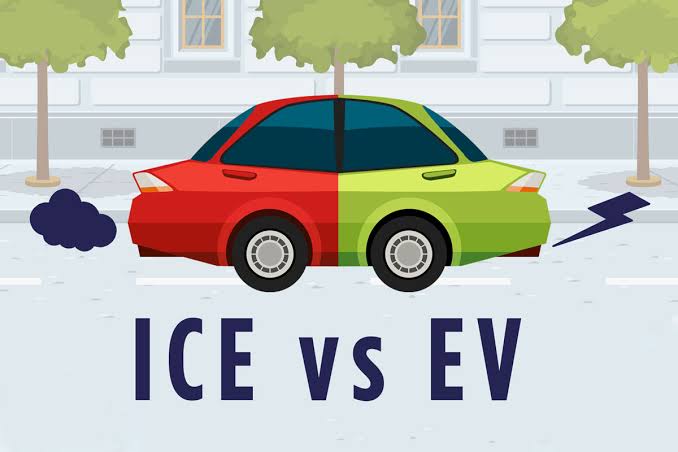Britain is considering delaying its ban on the sale of new gasoline and diesel cars until 2035, five years later than currently planned, the BBC reported citing unnamed sources.
The current 2030 target was introduced in November 2020 as a central part of then-Prime Minister Boris Johnson’s plans for a “green revolution.” As recently as July, senior minister Michael Gove restated government support for the policy.
The 2030 date is more ambitious than the European Union’s plan to require new cars sold after 2035 to be zero emissions, effectively banning the sale of new gasoline and diesel models.
The BBC said British Prime Minister Rishi Sunak was expected to deliver a speech in the coming days which would contain the relaxation of several government policies around the reduction of greenhouse gas emissions.
Sunak is not expected to row back on the government’s headline target, written into law in 2019, to reach net zero emissions by 2050, the BBC reported.
Sunak’s office said it did not comment on speculation.
“The Government remains completely committed to its Net Zero commitments, with the UK having cut emissions faster than any other G7 country,” a government spokesperson said.
“Our approach will always be pragmatic and ensure costs are not passed onto hard-working families.”
Climate policies politically difficult
There is growing concern among lawmakers and campaigners that under Sunak, Britain has lost its appetite for delivering politically difficult climate policies ahead of an election expected next year.
Sunak’s record has come under scrutiny after he said he would take a “proportionate approach” to climate change that balances net zero ambitions with the need to keep consumers’ bills down.
He has rejected criticism, saying Britain’s record on cutting carbon emissions is better than other major countries.
The BBC said Sunak would in his upcoming speech call on other countries to shoulder more of the burden of dealing with climate change.













